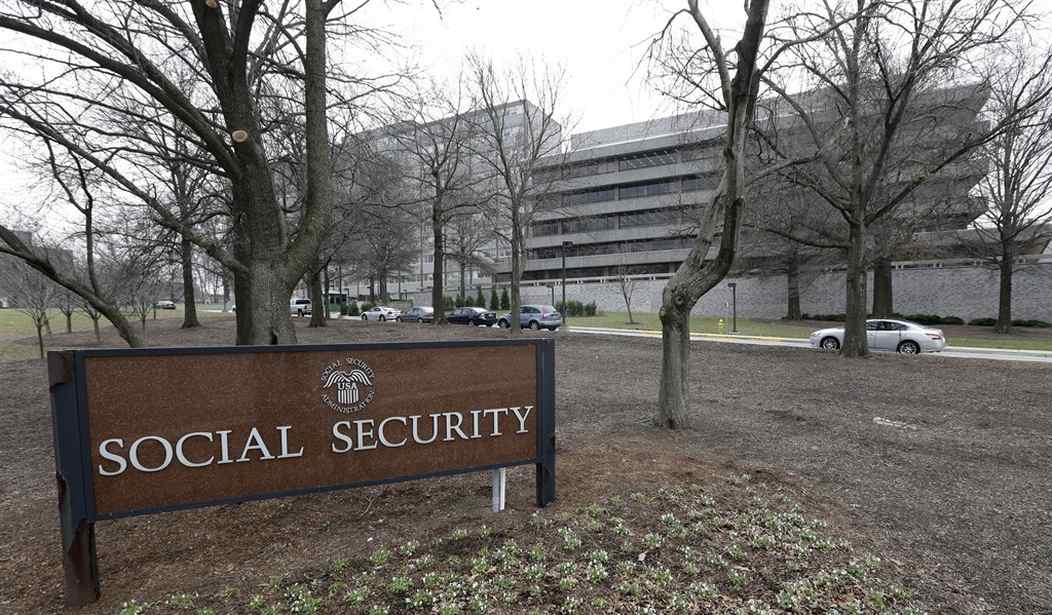America is supposed to be the land of the free and the home of the brave.
But as we become bogged down in our many problems, I see, unfortunately, a mentality in which we are becoming increasingly a nation of the unfree – the victim – and the timid, in how we’re approaching these challenges.
Ohio Republican Senator Rob Portman wrote a column this week drawing attention to the latest dire projections from the Congressional Budget Office.
CBO projects the nation sinking deeper and deeper into an ocean of red ink.
Under a business-as-usual scenario, the Senator notes, we’ll pile on another $10 trillion of debt over the next decade and another $100 trillion in the following two decades.
On the spending side, “after averaging 20 percent of the economy over the past 50 years, spending is projected to jump to 23 percent, 29 percent, and then 34 percent of the economy over the next three decades…”
At the center of the problem, the Senator continues, driving this out-of-control spending and borrowing fiscal Titanic are entitlements – “Social Security, health entitlements, and the resulting interest costs on the swelling national debt.”
This is a time for action. But we are not getting action, and the proposals we are hearing typify more the land of the unfree and the home of the timid.
When Social Security was enacted in the 1930’s it seemed like a good idea. Everyone working would pay a small tax and those revenues could be used to pay a retirement stipend to retirees.
But then there were 45 Americans working for every retiree. Because of longer life spans and shrinking families, this ratio is down to three to one today.
Recommended
This makes it impossible for this system to work. CBO projects that in 20 years there will be no funds to pay one third of the benefits of retirees.
Among Senator Portman’s proposals are to raise the retirement age and to means test – meaning to reduce benefits of higher income earners.
But why, in the land of the free, should government tell us when we can retire? And if the wealthier pay taxes but don’t collect benefits, Social Security becomes just another big national welfare program.
I have been a long time supporter of changing the whole system, turning Social Security into a retirement savings program. Instead of paying a tax and getting a government benefit in the future, just let everyone invest those funds in their own personal retirement account.
My organization, CURE, is now floating an idea that would help transition into this type of reform. We’re calling it the 30/30 plan.
Give every working American 30 years old or younger, earning $30,000/year or less, the option to stop paying payroll taxes and use all those funds to invest in a personal retirement account.
Not only would this begin to unwind a hopelessly broken Social Security system, but also it would start building an ownership society in the parts of our country where the welfare state has done and is doing the most damage – among low income Americans.
The stock market is surging today, but little benefit accrues to low-income earners. According to a Pew Research survey, 80 percent of households earning $75,000/year or more own stocks, but in households earning $30,000 or less, only 15 percent do.
Average savings in retirement accounts in white households is $115,990. In black households, it is $17,620.
The 30/30 plan starts to solve our Social Security crisis and also starts building ownership and wealth in low-income households.
This is a time to return to the first principles of our free society, to re-embrace those principles, and move forward with courage and faith.
The 30/30 plan is an approach worthy of the land of the free and the home of the brave.
























Join the conversation as a VIP Member